Scraps in the Pot
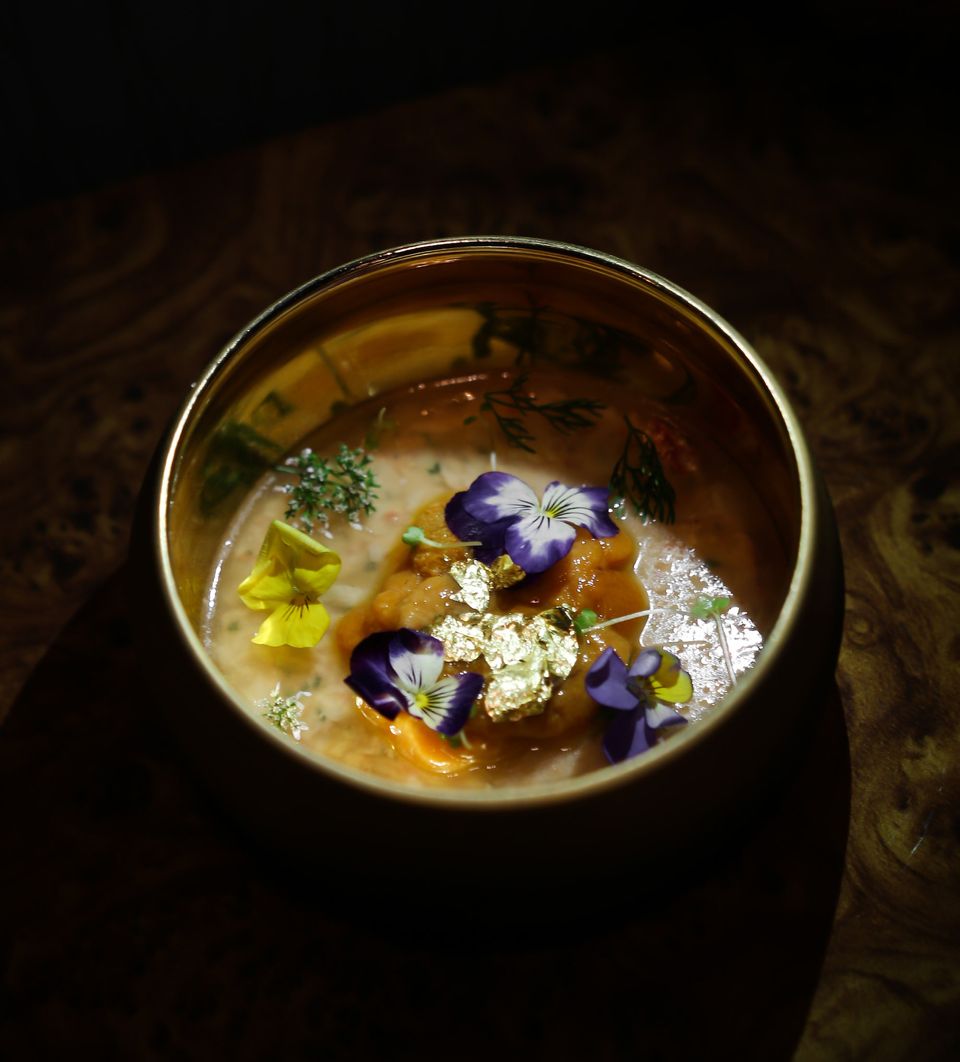
Hello November.
Subscribe to Stone Soup to get updates, recipes, and book recommendations in your inbox every week.
Stone Soup is named after a story and a series. The story is a folktale that many of you are already familiar with—this is how I described it on the About page of the newsletter:
…Some hungry travelers come to a village hoping for respite. None of the villagers—terribly hungry themselves—are willing to share their food with the travelers. The travelers fill their cooking pot with water from a nearby stream, build a fire under the pot, and drop in a big rock. The villagers ask the travelers what they're doing, and the travelers reply: we're making stone soup, the most delicious soup there is. If you contribute a garnish, you can have some. The villagers are each able to contribute a little something here and there: a carrot, a potato, a pinch of salt. Everyone, no matter how little they have, is able to put a little something in—and together, they make a rich, hearty soup, with more than enough for everyone to share. Just before serving the soup, the travelers take out the stone; then they share a beautiful meal with their new friends.
Back in 2020, I wrote a series for this newsletter (which then went by a different name) called Stone Soup. It was an invitation for people to ask for help in an incredibly trying time, as everyone tried to figure out how to get by on what they had and how to support the people around them during a deeply difficult situation. All throughout that year, readers reached for ways to support each other and the communities around them, and I did my best to help them figure out how to do so.
I’m seeing that same activity now. This is a month of deep sorrow. There’s no escaping that sorrow, no looking away from it. It is seated at the root of the soul and it will not move from that spot. There is enormous, profound, global grief—the grief of unspeakable and unforgivable human suffering, of helplessness and hopelessness in the face of mass suffering and death. As I write this, a genocide is in progress, visible to the world. It’s being supported by the money and resources of some of the most powerful nations of the world, even as unprecedented numbers of people around the globe plead for a ceasefire.
The pain of witnessing this moment is one of those rare emotions that is simply accurate. It’s a feeling that is non-negotiable. That pain is a natural response to immense injustice. It’s an emotion that makes perfect sense.
The correctness of the pain doesn’t change the fact that it’s painful. It’s hard. It’s horror and it’s fear and it’s grief and it’s paralysis. We are wounded by the knowledge of suffering in the lives of others; while the wound in me is not as urgent and momentous as the wound in my brothers and sisters on the other side of the world, it’s still a wound. It’s my responsibility to attend to it, and to help attend to the matching wounds in loved ones who are close at hand. They’re seeing the same things I’m seeing, yelling the same things I’m yelling. We hurt together, we fight together, we heal together. That’s how it works.
This vast pain sits in me alongside another wound—one that is very recent and a lot closer to home. A relationship that has been absolutely vital to my life is ending. The way it’s happening is shocking, sudden, and brutally painful. These wounds aren’t equal in any regard. All the same, they’re both in me, and one of them affects my capacity to attend to the other. In many ways this difficulty is deeply personal, but it’s also caused a rupture between me and my ability to care for my community. I’m too hurt to help others in the ways I’m used to helping them; it feels like I’ve been rendered useless in a moment when the thing I want most in the world is to be of use.
But in both of these spaces of pain and suffering, I have seen something beautiful. Over and over, everywhere I look, people are doing what we do best. We’re defending each other. We’re feeding each other. We’re reaching out to each other. Around the world, people are putting their limited resources toward supporting those who direly need it. People are putting their bodies on the line. People are taking whatever they have and doing whatever they can.
And in my personal life, people are doing what they can to help me, too. They’re checking in via text messages and phone calls. They’re finding food that they know I can eat even when eating is difficult. They’re helping me see the reality of a bewildering situation, even when they know that reality will hurt me. They’re extending themselves toward me in small, individual acts of care. They’re helping me find ways to help others, even in this moment when it’s difficult for me to figure that out on my own.
We’re all throwing the scraps we have into the pot to try to feed each other. We’re all stretched incredibly thin, to our limits, and we’re all still finding ways to do the best we can for each other. I have witnessed the care people show their communities, both in huge global ways and in small personal ways. Because that’s what we do best. We take care of each other.
Thank you all for taking care of each other. Thank you for taking care of me. Thank you for taking care of people you’ll never meet who desperately need your help. I’m grateful for you and the work you do, and I’m honored to work alongside you.
If you’re looking for more ways to take care of those who deeply need it right now, here’s how you can help:
- Donate to the Red Cross
- Donate to Doctors Without Borders
- Donate to Organizations Providing Legal Aid
- Donate to Media Organizations Providing Fair Coverage
- Get involved with PCRF
- Connect with Jewish Voice for Peace
- Check out and share these curated resources
- Use Resistbot to message all of your representatives
Coming Up This Month
- Katrina’s Balsamic Beef Braise
Katrina Carruth (she/her) is a mother, wife, and writer of spooky things. She currently lives in Maine and obsesses over D&D, books, tarot cards, and cooking. She has short stories published in Luna Station Quarterly and Cosmic Horror Monthly. Find her on Instagram @katrinacarruthauthor or BlueSky @katrinacarruth or her website: www.katrinacarruth.com.
Her recipe is for a flavorful braise that she has used to care for her loved ones in a moment of enormous grief. It will be in your inboxes on November 8. - Eden’s Seven Minute Frosting
Eden Royce is a writer from Charleston, SC and the author of middle-grade titles Root Magic (2021) and Conjure Island (2023), as well as the short story collection for adults Who Lost, I Found: Stories (2023). She is a Shirley Jackson Award finalist and a Nebula Award Finalist, and has written articles for Writer’s Digest and We Need Diverse Books. Her first adult novella, a Southern Gothic entitled Hollow Tongue, is scheduled for publication in 2024.
Eden’s essay and her recipe for fluffy, satiny white cooked frosting that requires no butter, cream, or icing sugar will be in your inboxes on November 15.
If you’re a paying subscriber, come by the Stone Soup Supper Club for early access to this month’s recipes, our weekly chat, and more community! I can’t wait to find out how you’re doing.
If you’d like to own the Personal Canons Cookbook ebook, which collects all these essays and recipes in easy-to-reference, clickable format—plus loads of bonus recipes from me!—join the Stone Soup Supper Club. The ebook is free for subscribers, who will get the download link in their inboxes in the first Supper Club email of 2024!
—Gailey

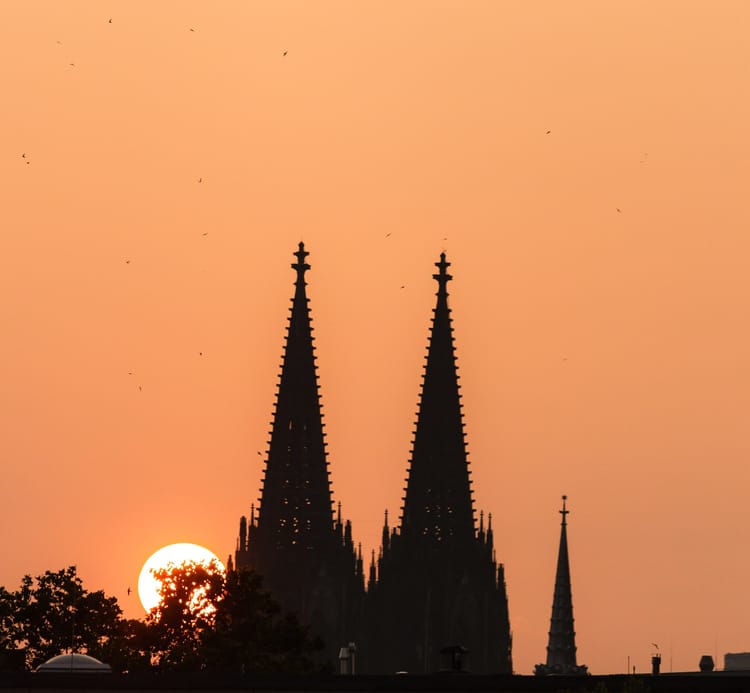
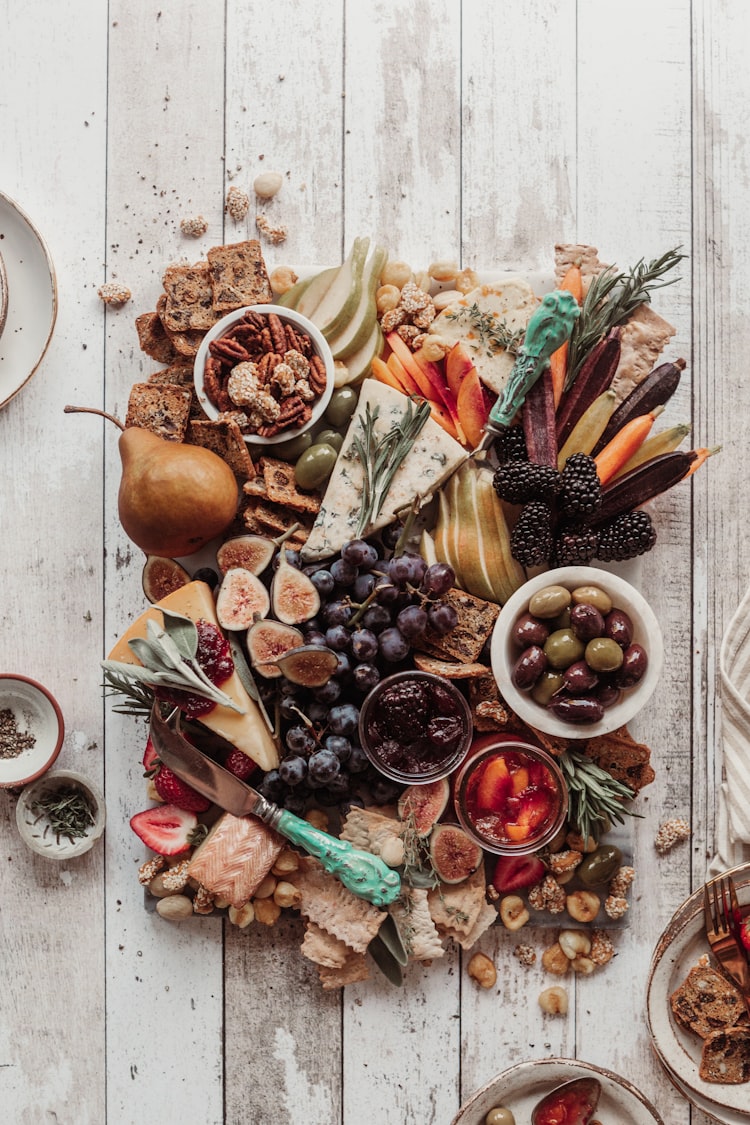
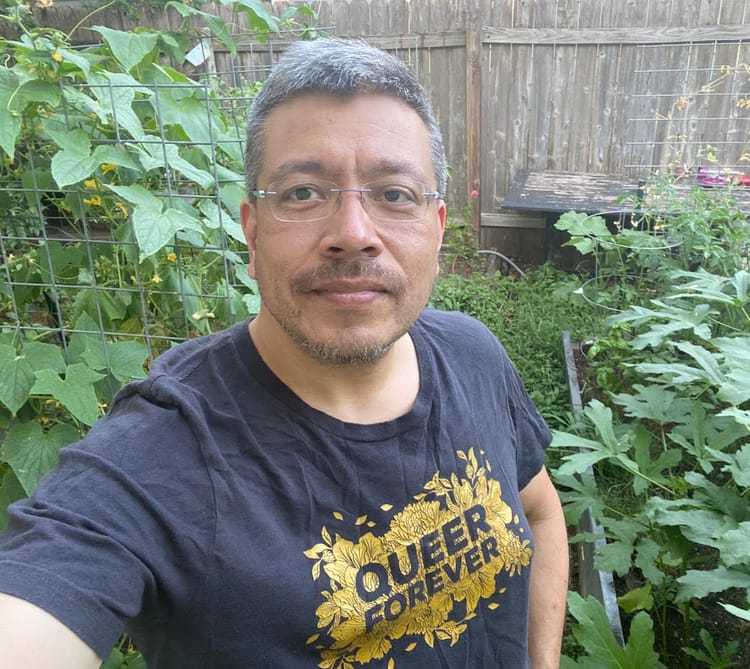
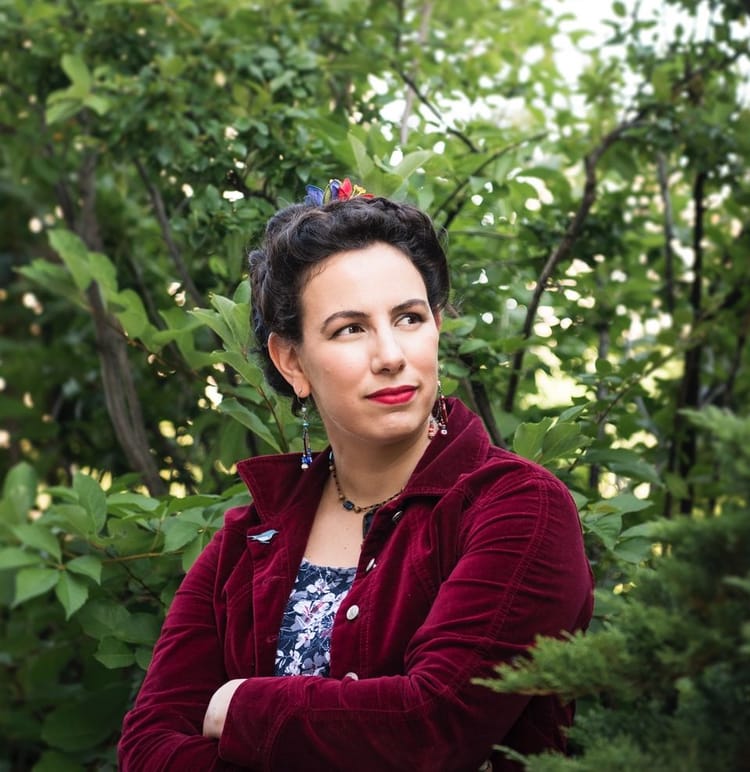
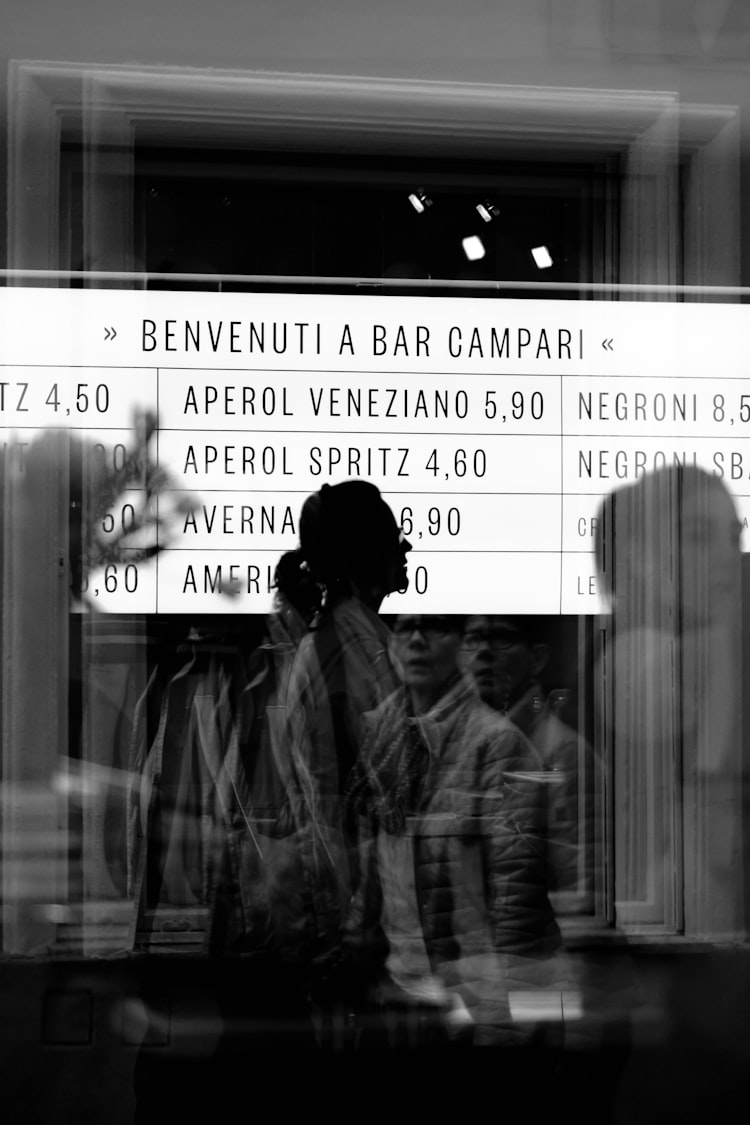
Member discussion